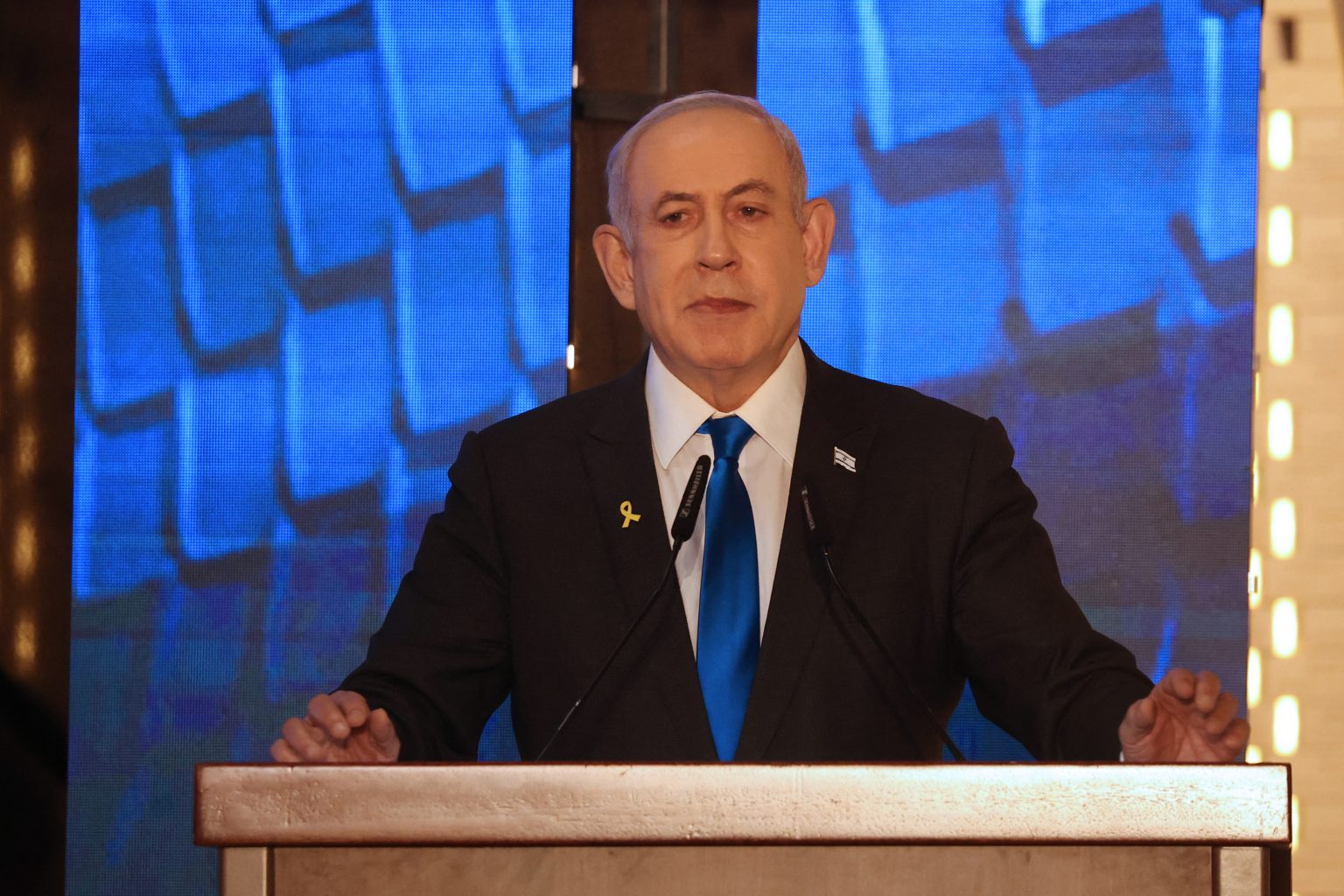The International Criminal Court (ICC) is seeking arrest warrants for Israeli Prime Minister Benjamin Netanyahu and Hamas leader Yahya Sinwar for their actions in the ongoing war in Gaza. The charges against Netanyahu and Gallant accuse them of causing extermination, starvation, and deliberately targeting civilians in the conflict. The ICC panel will consider the chief prosecutor’s application for arrest warrants, which also includes Israel’s Defense Minister Yoav Gallant and two other top Hamas leaders, Mohammed Deif Ibrahim al-Masri and Ismail Haniyeh. The deadliest Palestinian militant attack on Israel in history occurred on October 7, 2023, when Hamas killed 1,200 people and took roughly 250 hostages, leading to heavy Israeli airstrikes against Gaza. Over 35,000 Palestinians in Gaza have been killed in the conflict.
If the ICC panel grants the arrest warrants, 124 countries that have signed the ICC’s Rome Statute would be obligated to arrest the men and extradite them to The Hague, Netherlands if they traveled internationally. Despite key exceptions to the treaty, including Israel, the United States, and Russia, some of Israel’s closest allies, such as Germany and the United Kingdom, have signed the Rome Statute. The possibility of Germany arresting a Jewish leader sparked discussions, with some experts suggesting that politically delicate situations like this may be handled diplomatically rather than through arrest. Russia’s President Vladimir Putin was asked not to attend a BRICS summit in South Africa after being indicted by the ICC for war crimes over actions in Ukraine, illustrating how international relations can strain the enforcement of ICC warrants.
The United States’ relationship with the ICC has experienced different phases over the years. While the U.S. initially voted against establishing the ICC, there were moments of improved ties under the Bush and Obama administrations. Former President Donald Trump’s administration pursued punitive measures against ICC personnel, but President Joe Biden later lifted sanctions. Despite initial opposition, the Biden administration supported the ICC’s investigation into Putin and actively collaborated in providing evidence. However, the U.S. policy toward the ICC is once again tested as Netanyahu faces potential prosecution over the war in Gaza. Experts emphasize the importance of countries upholding their legal obligations to the ICC when individuals are subject to arrest warrants, especially when investigating allies.
Experts stress the significance of supporting the ICC in its work, particularly when investigating individuals from signatory countries involved in conflicts. The legal obligations of states that have signed the Rome Statute should be upheld, and countries should collaborate in the enforcement of ICC warrants. Previous political tensions between the U.S. and the ICC have influenced U.S. engagement with the court, but recent developments have shown a willingness to support ICC investigations. The complex international dynamics surrounding ICC warrants for high-profile figures like Netanyahu and Sinwar highlight the challenges of enforcing international justice and diplomatic considerations. As the ICC panel considers the arrest warrants, the global community will be watching closely to see how countries respond to the legal and political implications of the ICC’s actions in cases involving top leaders.


